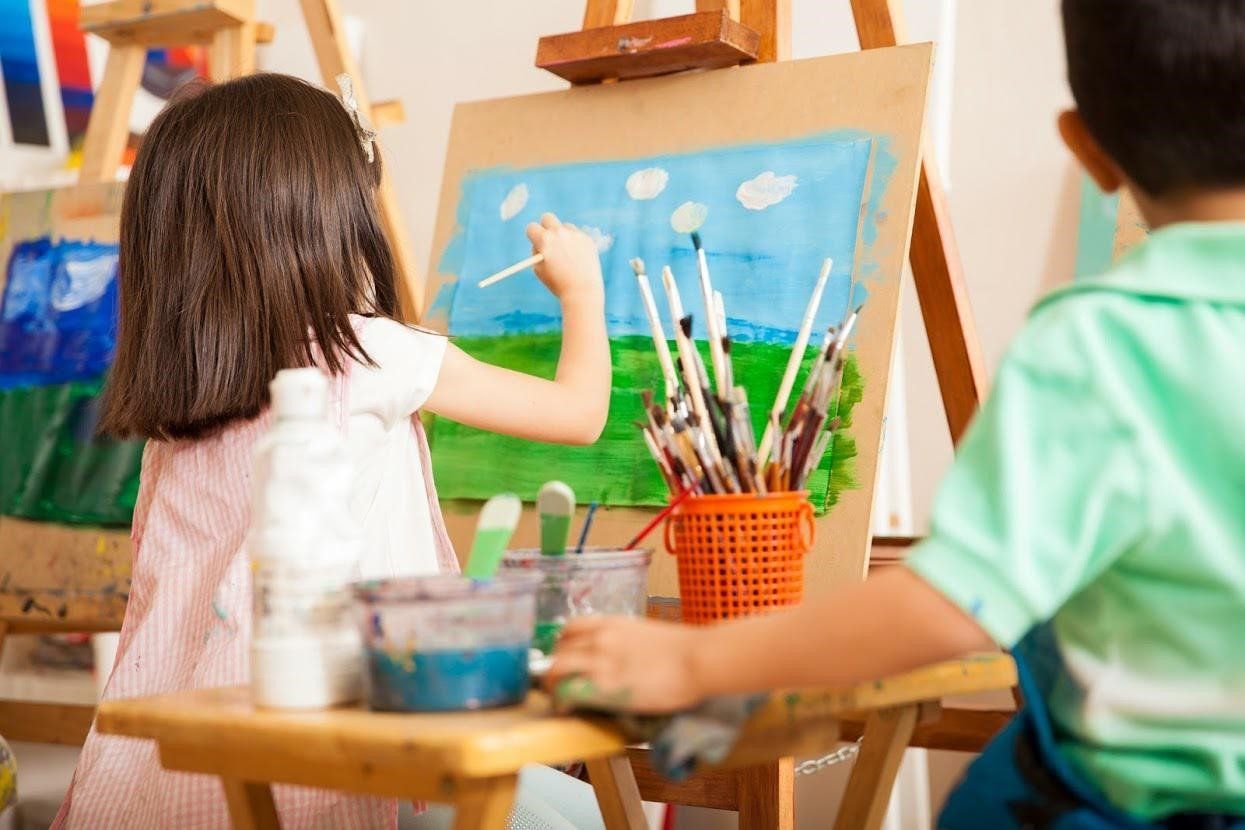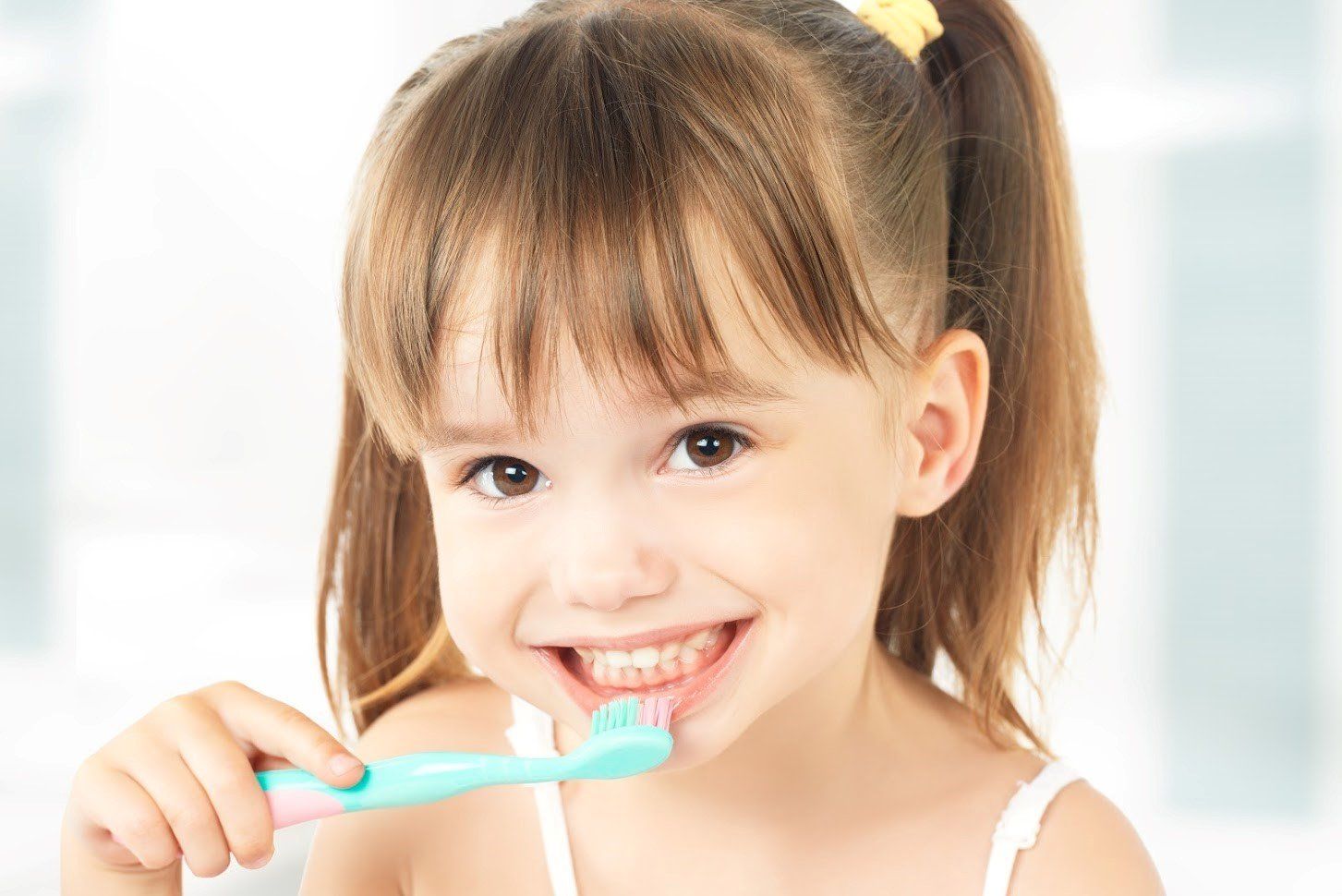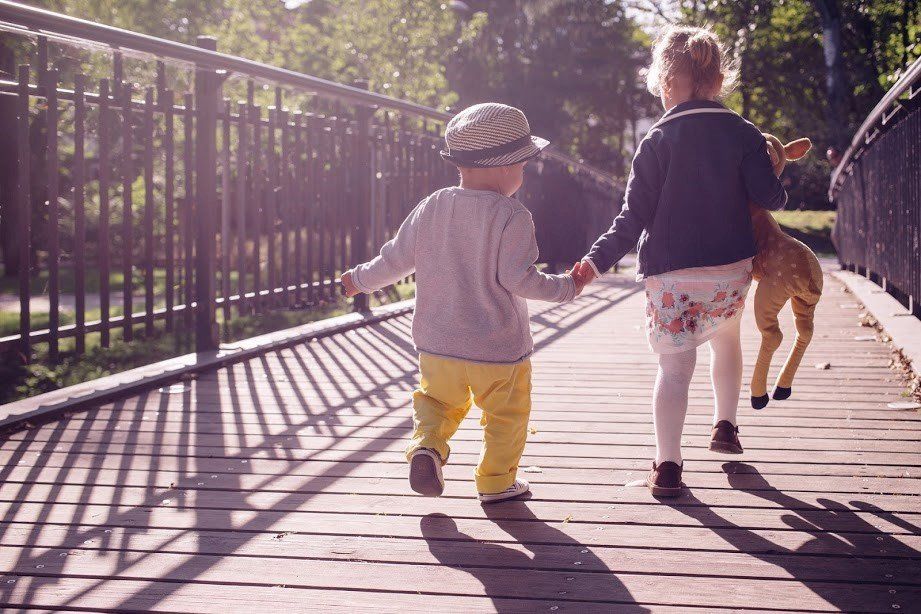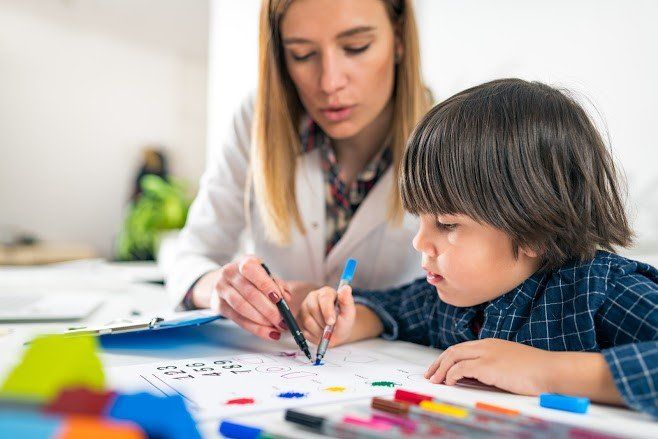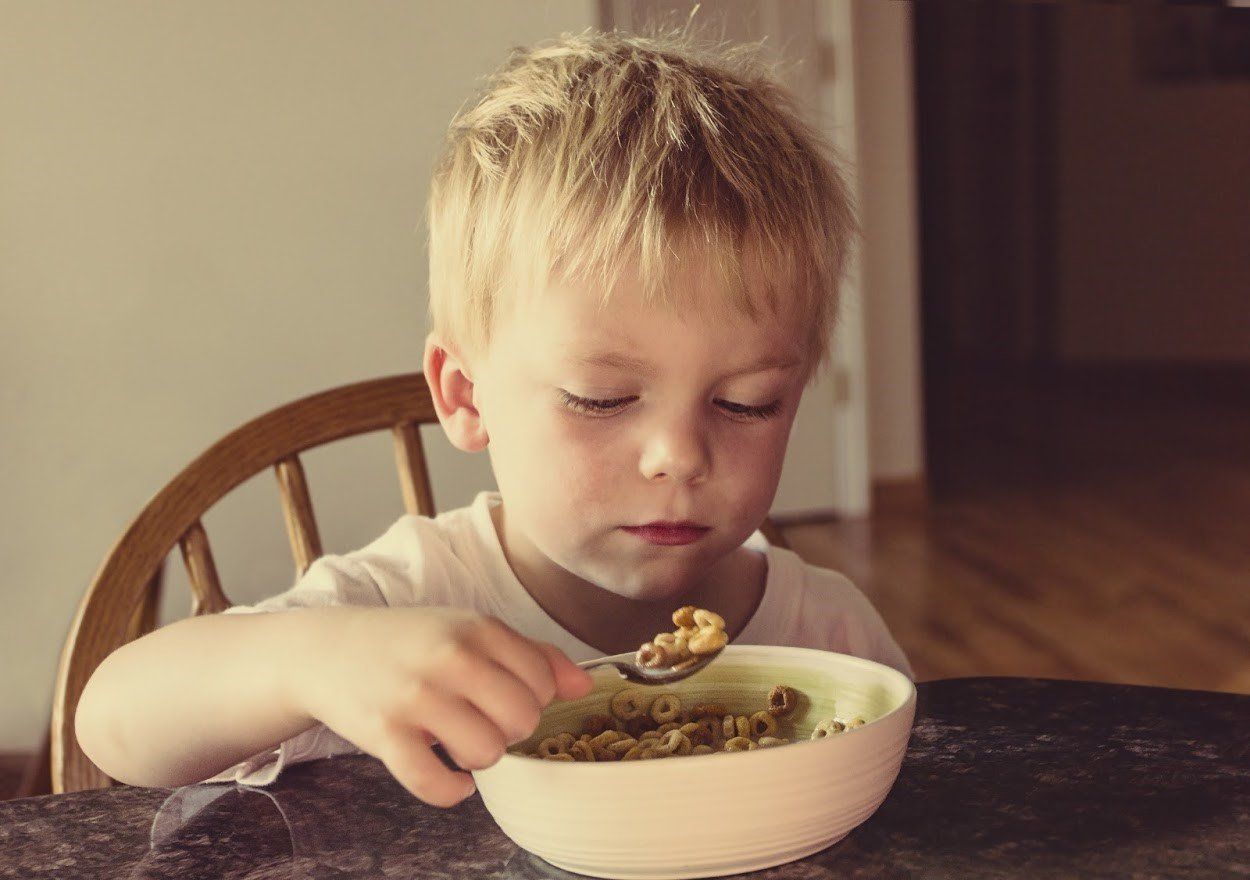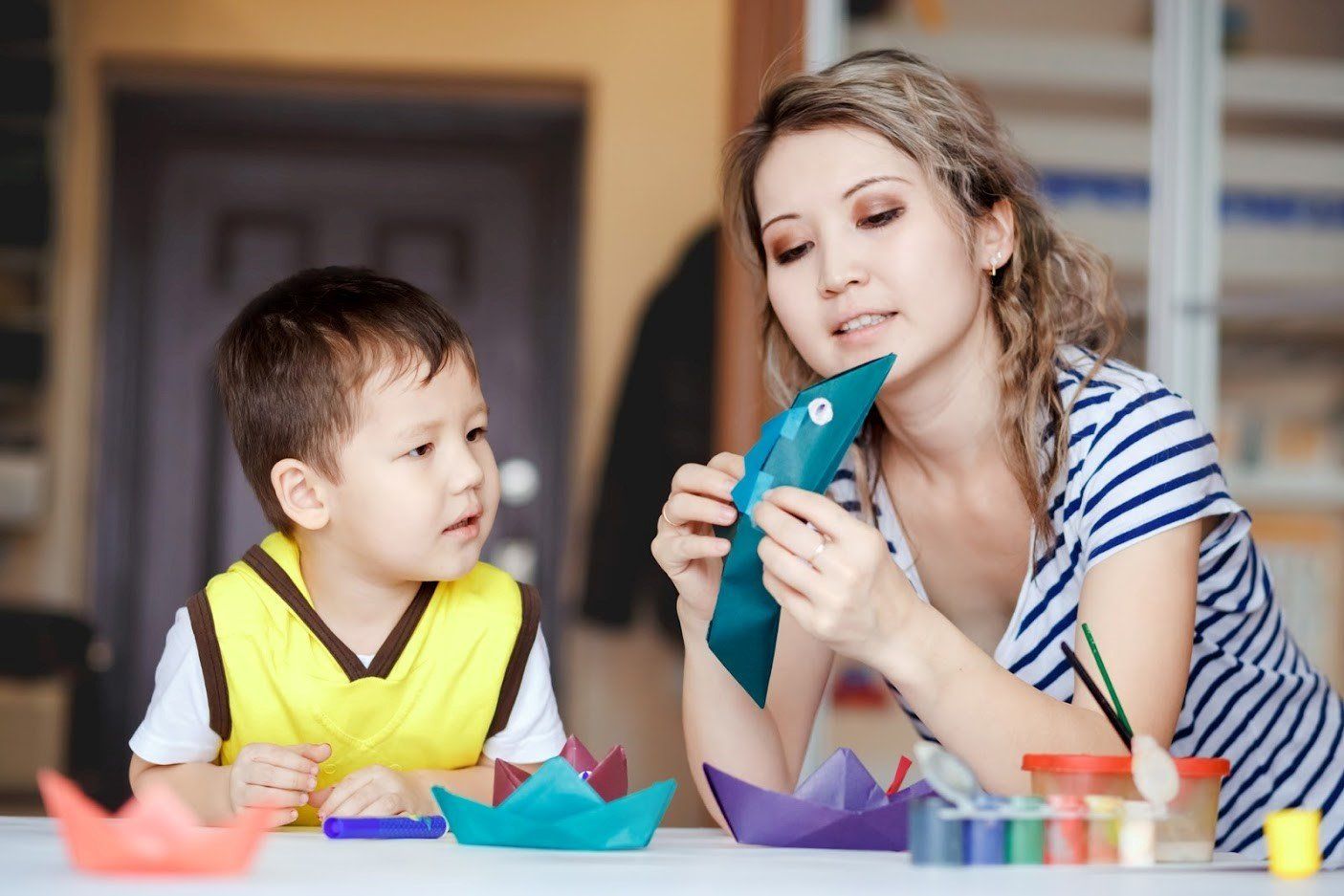6 Tips to Address Common Challenging Toddler Behaviors
Parents often trade stories about the Terrible Two's, yet the truth is that the toddler years do not have to be completely tumultuous. While toddlers do occasionally exhibit challenging behaviors as they push for more independence, most meltdowns are simply your child's way of expressing a need.
When your fairly easygoing child suddenly throws a few curveballs your way, you can use these tips to get a handle on the most common toddler challenging behaviors.
1. Know What's Normal
Toddler tantrums are often upsetting to parents who may worry that something is wrong with their child. Alternatively, you may question your parenting abilities when your child refuses to stop engaging in bad behaviors such as biting. Although meltdowns are not acceptable, they are most likely normal reactions to stress.
Right now, your child is making major leaps in their development. For instance, they may insist upon doing things for themselves. However, their motor skills and emotional regulation abilities are still developing, which leads to frustration.
When frustration builds up, tantrums, biting, and a refusal to follow the rules are all normal behaviors that your child uses to express their emotions. Recognizing that your child is merely exhibiting a common behavior for their stage of development helps you to stay calm as you work on helping them manage their emotions.
2. Keep a Consistent Schedule
Toddlers thrive on consistent schedules that help them to know what is expected of them. When possible, try to keep your child's meals, naps, and playtimes on a similar schedule to the one that they follow at their early childhood learning program.
If your child also visits family members, then ask them to follow a similar routine. By making sure that your child knows what happens throughout the day, you minimize their frustration.
3. Encourage Them to Burn Off Some Energy
In addition to a consistent schedule, toddlers need to run, jump, and play to burn off excess energy. Try to incorporate physical activity into parts of your toddler's daily routine that tends to generate challenging behaviors.
For example, you could give them an opportunity to play outside before you expect them to sit down for lunch or dinner. Your toddler may also enjoy doing things such as jumping up and down ten times before they have to ride in the car.
4. Talk to Your Child's Teacher
Early childhood teachers are constantly observing the children in their classroom for signs that they need help learning how to adjust their behavior. If your child is consistently exhibiting the same negative behavior such as biting, then ask their teacher if this is also occurring at school.
Often, kids exhibit similar behaviors at school and home, and your child's teacher can give you ideas on how they handle it, such as by redirecting the child’s attention to a new activity. Using similar behavior modification strategies at school and home helps reinforce desirable behavior.
5. Strengthen Their Verbal Skills
Many of the most common toddler behaviors arise from an inability to fully express their emotions. Provide your child with the vocabulary words that they need to work through their problems. For instance, teaching your child how to ask another child to share is one way to approach bad behaviors.
6. Provide Simple Choices
Toddler meltdowns sometimes occur when your child tries to assert their control in an unacceptable way. To prevent this from happening, give them a sense of control by offering limited choices. For example, you could let your child pick from two different shirts to head off a daily meltdown that occurs when they get dressed.
At Small World Early Learning and Development Centers, our toddler programs are designed to strengthen positive behavior in young children through activities that stimulate their development. Reach out to us today to learn more about how our program helps toddlers develop self-control.


